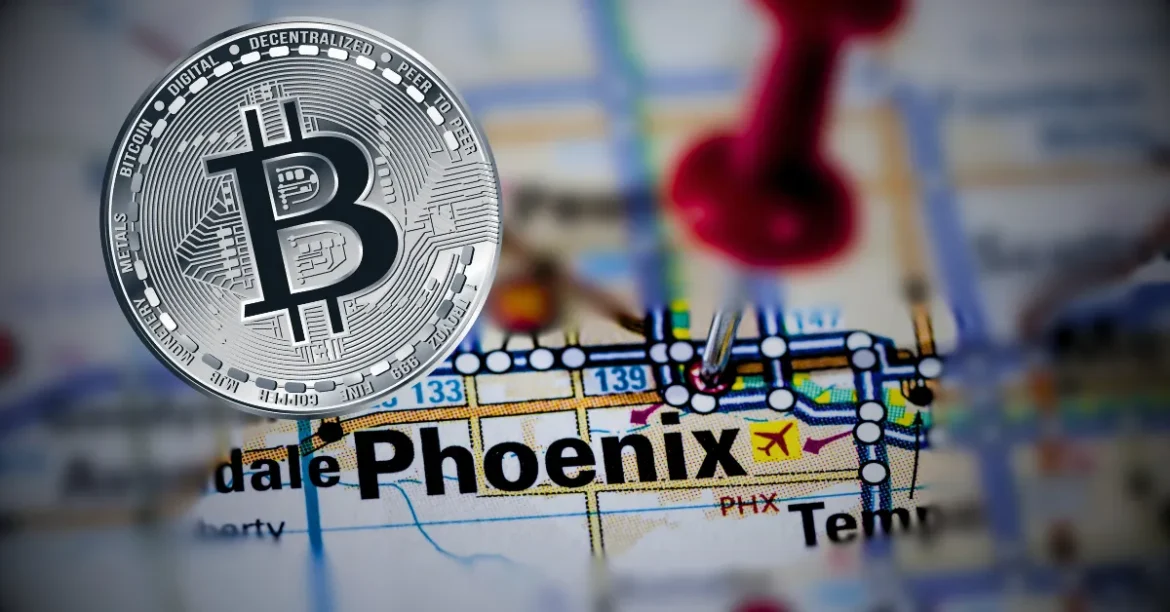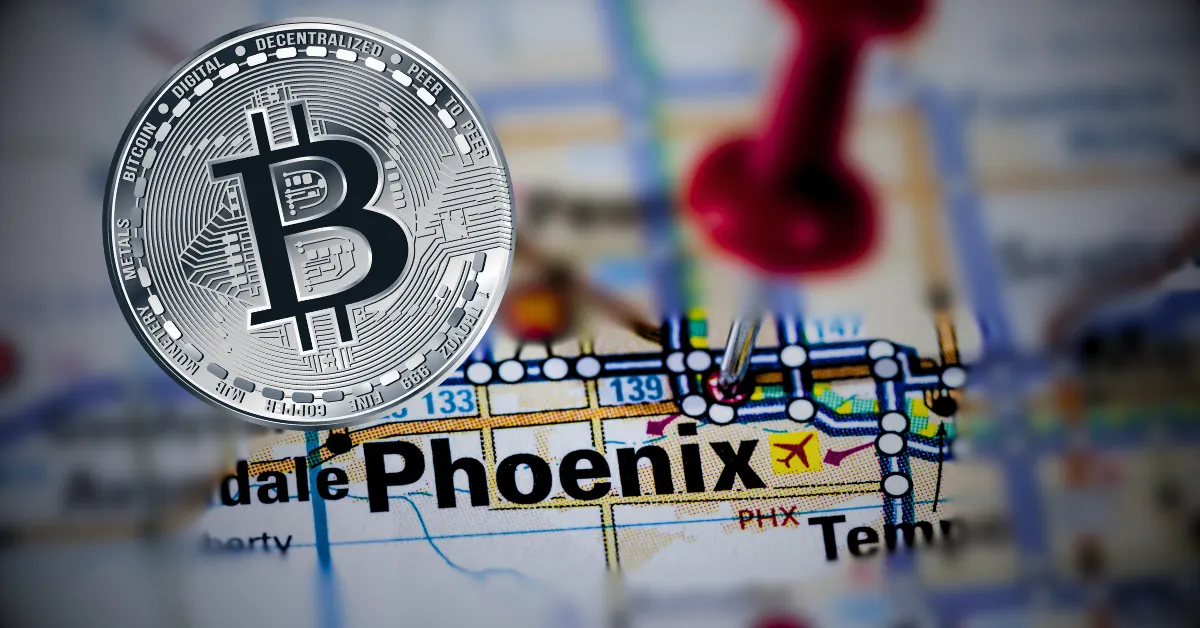Arizona’s journey toward embracing Bitcoin as a state asset has been a rollercoaster, marked by legislative enthusiasm and executive skepticism. Governor Katie Hobbs has repeatedly wielded her veto pen to block bills aimed at creating a state-managed Bitcoin reserve, turning the state into a battleground for the future of cryptocurrency adoption in government. The clash highlights fundamental disagreements about risk, decentralization, and the role of digital assets in the public sector.
The Vision: A Bitcoin Reserve in the Grand Canyon State
The core idea behind the proposed legislation was to establish a “Bitcoin and Digital Assets Reserve Fund.” This fund would be populated by seized cryptocurrencies, assets confiscated from criminal activities. Proponents argued that this approach offered several benefits:
- Innovative Revenue Stream: Rather than simply liquidating seized crypto, the state could hold and potentially grow these assets, creating a new source of revenue without burdening taxpayers.
- Forward-Thinking Image: Embracing Bitcoin could position Arizona as a leader in the digital economy, attracting tech companies and fostering innovation.
- Decentralized Security: Holding Bitcoin, a decentralized asset, could offer a hedge against traditional financial systems and provide a degree of economic independence.
House Bill 2324, in particular, aimed to direct the first $300,000 of confiscated digital assets to the Attorney General’s office. The remainder would be split, with 50% going to the AG and 25% to the state’s general fund. This allocation sought to balance the potential for investment with the immediate needs of law enforcement and the state’s budget.
The Vetoes: A Governor’s Concerns
Despite the allure of a Bitcoin reserve, Governor Hobbs has consistently rejected these proposals, citing a range of concerns:
- Disincentivizing Law Enforcement Cooperation: A primary objection revolves around the potential impact on cooperation between state and local law enforcement. Hobbs argued that by diverting seized assets to a state-managed fund, the bill could discourage local jurisdictions from collaborating on digital asset forfeiture cases, as they would lose control over those assets.
- “Untested Investment”: Hobbs has expressed skepticism about Bitcoin as an investment for public funds, labeling it an “untested investment” and suggesting that Arizonans’ retirement funds are “not the place for the state to try untested investments.” This cautious stance reflects a broader debate about the volatility and long-term viability of cryptocurrencies.
- Jurisdictional Issues: The governor has also raised concerns about the complexities of managing digital assets across different jurisdictions and the potential for legal challenges.
The Legislative Ping-Pong: A Battle of Wills
The repeated vetoes haven’t deterred Arizona lawmakers, who have demonstrated a strong interest in exploring the potential of Bitcoin. The passage of HB 2324 in the House, for instance, showcases the legislative support for establishing a Bitcoin reserve. Even after a veto, lawmakers have attempted to revive similar bills, signaling a persistent belief in the idea.
However, this back-and-forth highlights a fundamental tension between the legislative and executive branches regarding the state’s approach to digital assets. While lawmakers see an opportunity for innovation and revenue generation, the governor remains wary of the risks and potential pitfalls.
A Glimmer of Hope: Unclaimed Crypto
Amidst the vetoes, there’s a subtle shift in Arizona’s crypto landscape. Governor Hobbs has signed a law allowing the state to claim ownership of digital assets abandoned for at least three years. This legislation opens the door for Arizona to accumulate and manage unclaimed crypto, potentially laying the groundwork for a future digital asset reserve, albeit one built on a different foundation than initially envisioned.
Beyond the Headlines: The Underlying Debates
The Arizona Bitcoin saga is more than just a political squabble over seized assets. It touches on several key debates surrounding cryptocurrency and its role in society:
- Risk vs. Reward: Is Bitcoin too volatile and risky for public investment, or does its potential for high returns justify the risk? This question lies at the heart of the debate.
- Decentralization vs. Centralized Control: Should governments embrace decentralized assets like Bitcoin, or should they maintain control over traditional financial systems? The answer reflects different philosophies about economic power and governance.
- Innovation vs. Regulation: How can states foster innovation in the digital asset space while also protecting consumers and preventing illicit activities? Striking the right balance is a challenge for policymakers.
Conclusion: A Crypto Crossroads
Arizona finds itself at a crossroads. The repeated vetoes of Bitcoin reserve bills suggest a cautious approach to integrating cryptocurrency into the state’s financial system. However, the passage of the unclaimed crypto law and the persistent legislative interest in digital assets indicate a willingness to explore the possibilities.
Whether Arizona will eventually embrace a state-managed Bitcoin reserve remains to be seen. The future likely depends on several factors:
- Evolving Cryptocurrency Landscape: As the digital asset market matures and regulations become clearer, the perceived risks of Bitcoin may diminish.
- Shifting Political Winds: A change in governorship or a shift in legislative priorities could alter the state’s stance on cryptocurrency.
- Economic Imperatives: If Arizona faces budget challenges or seeks new sources of revenue, the allure of a Bitcoin reserve may become more compelling.
For now, Arizona’s Bitcoin dream remains deferred, but the debate has put the state at the forefront of a national conversation about the future of digital assets in government. The decisions made in Arizona will undoubtedly influence other states as they grapple with the same questions and opportunities.





